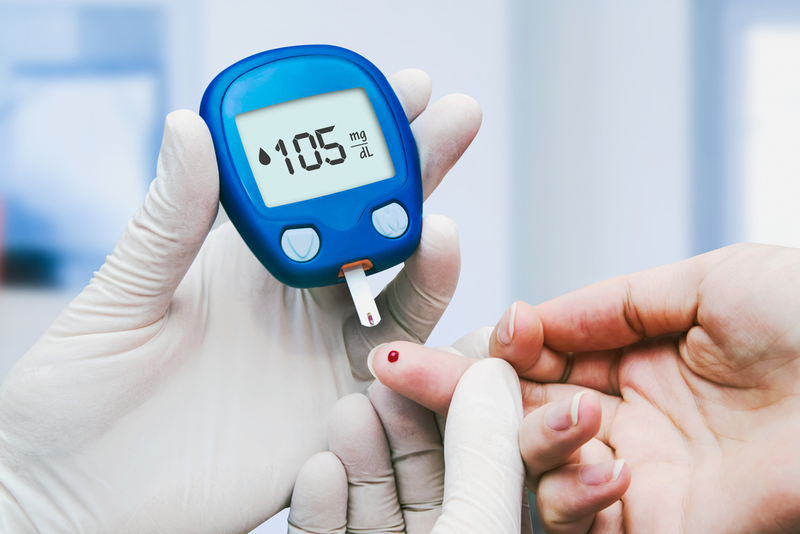People with diabetes at greater risk of bone fractures: Study
IANS Jun 13, 2020
Researchers have found that people living with diabetes are at greater risk of bone fractures.
For our comprehensive coverage and latest updates on COVID-19 click here.

The study, published in the journal bone, showed that people with Type 1 and Type 2 diabetes have an increased risk of suffering hip and non-vertebral fractures (those not occurring in the spine or skull). The findings revealed during Diabetes Awareness Week June 8-14, 2020, show people with Type 1 diabetes are at greater risk than people with Type 2 diabetes. However, insulin use and length of time someone has lived with the condition further increased the risk for people with Type 2 diabetes. "Diabetes can cause a number of well-known complications including kidney problems, loss of eyesight, problems with your feet and nerve damage," said study lead researcher Dr Tatiane Vilaca from the University of Sheffield in the UK. However, until now many people with diabetes and their doctors are unaware that they are also at greater risk of bone fractures.
"We need to raise awareness about the greater risk people with diabetes face to help them to prevent fractures. For example, preventing falls can reduce the risk of fracture," Vilaca added. Fractures can be very serious, especially in older people. Hip fractures are the most severe as they cause such high disability.
Around 76,000 people in the UK suffer a hip fracture every year and it is thought as many as 20 per cent of people will die within a year of the fracture, the study said. Many others don't fully regain mobility, and for many people, it can cause a loss of independence. "This important research highlights the urgent need for doctors to evaluate the risk of fracture for patients with diabetes and also to look at potential treatments which may help to reduce that risk," said study researcher Richard Eastell.
"We hope that by raising awareness about the greater risk people with diabetes face, bone density and bone strength will become something that doctors assess routinely in patients with the condition in the same way they do currently for other well-known complications," Eastell noted.
-
Exclusive Write-ups & Webinars by KOLs
-
Daily Quiz by specialty
-
Paid Market Research Surveys
-
Case discussions, News & Journals' summaries